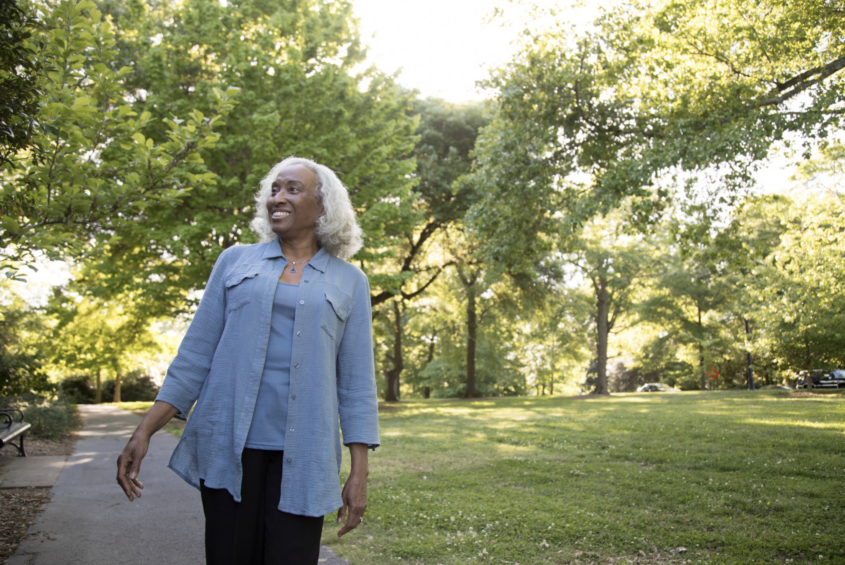There’s a lot to consider when discussing retirement living with your family. Once decided, you then should discuss what to expect when moving.
Here are a few tips to help make the transition a smooth one for the resident and family:
Before the move:
- Expect lingering anxiety. You’ve taken a big step in selecting a retirement living community. While you may be relieved with that decision, you or your loved one may still feel anxious about the new lifestyle or overwhelmed with the upcoming move (packing, movers, etc.). We have found it best to acknowledge each worry and address it or talk openly about the change. Ignoring those feelings may mean they will re-appear at a later time, likely with more stress.
- Think practically, yet sensitively. If moving from a family home, likely you or your loved one will need to downsize. Consider this an opportunity to buy new furniture or decorations. Request the floor plan and room measurements from the staff. Then be practical about what can fit and the ideal flow of the new residence. However also be sensitive that although some items may not fit logistically or be appropriate, they still may have sentimental value. Talk to other family members or friends about moving those items to their home to enjoy. Maybe even take a photo of it and keep in a place you or your loved one will see often and reminisce.
- Ask for help. The staff can suggest moving consultants and companies. These can be great resources, even just for peace of mind. Plan accordingly for the packing and actually moving and be sure to include time to reflect upon those sentimental items.
- Plan ahead. Request an activities calendar and dining menu and review the first two weeks’ events and meals. This provides something to look forward to as well as assurance you or your loved one will have something enjoyable to do and eat those first few days.
Move-in day:
- Prepare for the unexpected. Without sounding negative, something likely will not go as expected the day of the move, no matter how well you planned—logistically, emotionally, the like. Just recognize that and address the issue as it occurs. The staff can be very helpful and may be able to provide additional resources like a hand truck, tool, or tissue.
- Plan extra time. It’s easier to plan for logistics than emotions. You may be able to estimate the amount of time to make the physical move, but you also should account for moments last spent in an empty room or home and first entering into a new apartment or meeting friendly neighbors.
- Meet neighbors and staff. Before you begin to move in your belongings, take a moment to meet the managers, caregivers (if applicable), and other staff members. Learn their names and roles and ask about any special updates happening that day (beyond what is included on the calendar). Then introduce yourself to neighbors.
- Schedule the next visit. Before you or your family leaves, plan the next visit. Pick a specific community activity or a mealtime. While you may need to run errands or attend appointments, be sure to also include quality time together on campus so everyone becomes acquainted with the community, staff, and fellow residents.
After the move:
- Be open. You or your loved one just made a big change. Acknowledge that. Adjustments may need to be made, former familiarities are no longer familiar, so give yourself permission to express any disappointment, anxiety or confusion. Neighbors, staff and other family members can help.
- Don’t be afraid to ask. You may have discussed information in the pre-move-in meeting and at move-in. As you or your loved one are settling in, you may not recall those details. Just ask. Everyone was new at some point. You will soon find Ecumenical co-workers and neighbors are some of the friendliest people you will ever meet.
- Be patient. It takes time to start a new routine, learn everyone’s name and remember where everything is. Give yourself or your family member time. And when in doubt, just ask.
- Enjoy yourself. Above all, remember: you made this decision for a reason. Embrace the change and the benefits you were seeking. This new lifestyle should mean fewer household burdens to manage or receive support with what you or your loved one had been challenged.
Wherever you move, we hope these tips help make it a smooth transition and you feel at home as quickly as possible. For other advice in retirement living or senior care, visit our website or call us any day of the week. We’re ready to help.




